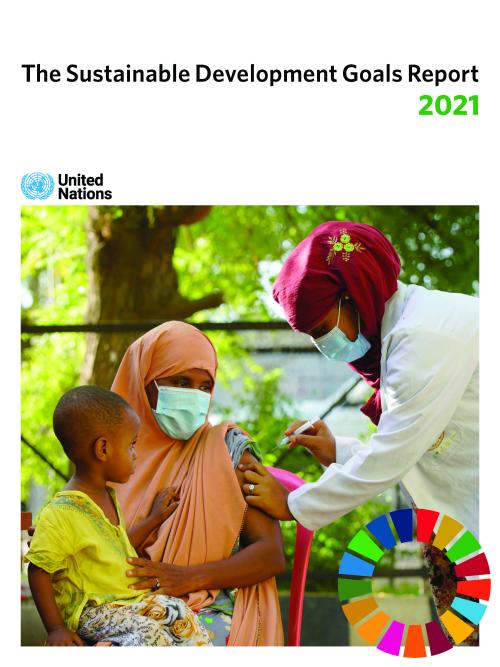
More countries and communities are recognizing the need to bolster efforts to achieve the Sustainable Development Goals (SDGs) in light of the toll the COVID-19 pandemic has taken on people around the world, according to The Sustainable Development Goals Report 2021, released by the United Nations.
The decisions and actions taken during the next 18 months would determine whether pandemic recovery plans would put the world on a course to reach the globally-agreed upon goals that aim to boost economic growth and social well-being while protecting the environment.
According to the report, which tracks global efforts to achieve the SDGs, COVID-19 had caused a major disruption…
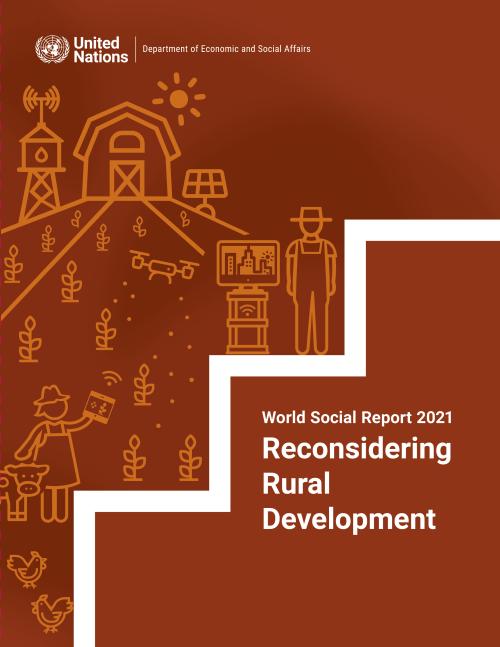
New approaches made possible through improved access and Internet connectivity can raise the standard of living for approximately 3.4 billion people living in rural areas, without them having to migrate to cities, according to the newly released 2021 World Social Report “Reconsidering Rural Development.”
The COVID-19 pandemic, together with already persistent high levels of poverty and inequalities, are threatening to stall progress for the world’s rural populations. But the pandemic has also proven that new technologies can enable rural populations to flourish, ending the rural-urban divide.
UN Secretary-General António Guterres said the new technologies opened up new…
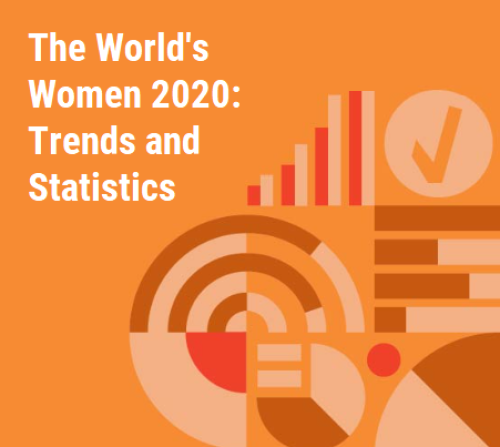
Less than 50% of working-age women are in the labour market, a figure that has barely changed over the last quarter of a century, according to a new UN report launched today. Unpaid domestic and care work falls disproportionately on women, restraining their economic potential as the COVID-19 pandemic additionally affects women’s jobs and livelihoods, the report warns.
The World’s Women 2020: Trends and Statistics compiles 100 data stories that provide a snapshot of the state of gender equality worldwide. Presented on an interactive portal, the report analyses gender equality in six critical areas: population and families; health; education; economic empowerment and…
The new report examines five megatrends: climate change; demographic shifts, particularly population ageing; urbanization; the emergence of digital technologies; and inequalities –that are affecting economic, social and environmental outcomes. Efforts to reverse or redirect these trends must be reinforced to ensure that we achieve the full measure of the 2030 Agenda, and set the stage for an inclusive, sustainable and equitable future during the next 75 years.
All trends are the result of human activity, and as such, they can be shaped by human decisions and policy choices. By making the right choices today, without further delay, it is not too late to shape the major trends of…
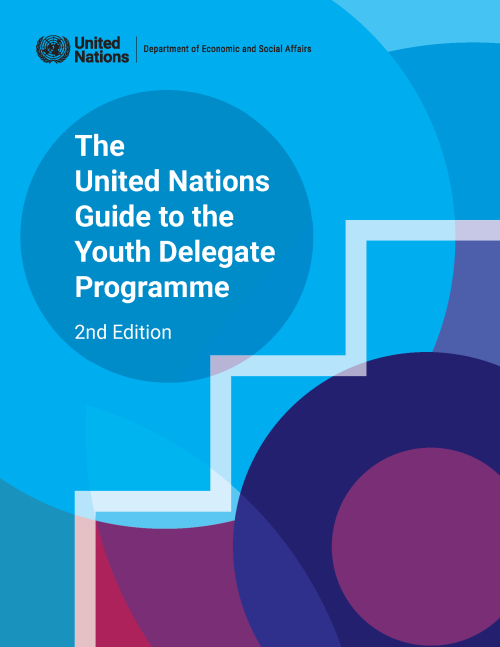
This guide has been developed as a resource for Member States to provide information about the inclusion of youth in their delegations and offers ideas for those with existing youth delegate programmes on how to potentially strengthen them. It includes sections on establishing a programme, suggestions for possible roles of youth delegates and practicalities to be considered.
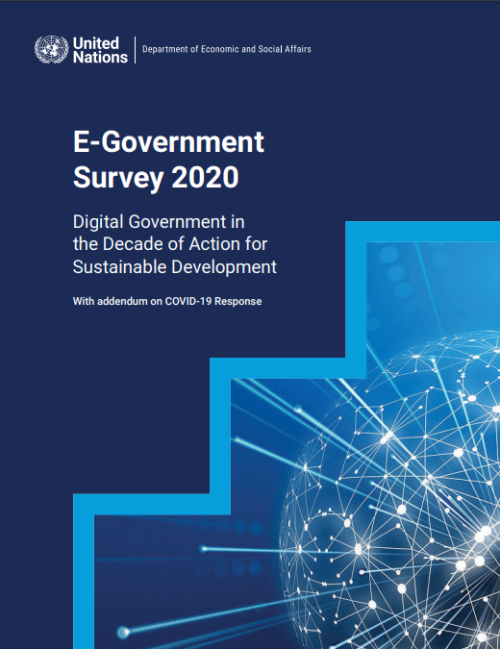
The year 2020 witnessed a transformational change in global development as the United Nations Secretary-General António Guterres called on Member States and other stakeholders to “kickstart a decade of delivery and action for people and planet”, given the short time left to achieve the 2030 Agenda for Sustainable Development. By surveying and studying broad patterns of digital government around the world, the United Nations E-Government Survey assesses the digital government development of the 193 United Nations Member States in identifying their strengths, challenges and opportunities, as well as informing policies and strategies. The Survey supports countries’ efforts to provide…
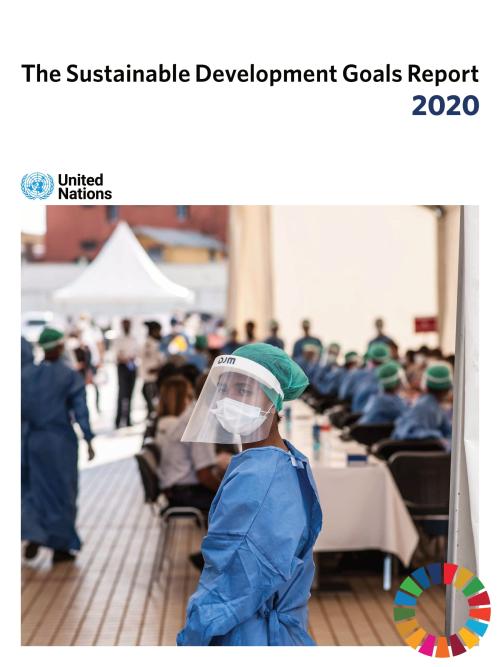
The 15-year global effort to improve the lives of people everywhere through the achievement of the 17 Sustainable Development Goals (SDGs) by 2030 was already off track by the end of 2019. And in only a short period of time, the COVID-19 pandemic has unleashed an unprecedented crisis, causing further disruption to SDG progress, with the world’s poorest and most vulnerable affected the most.
According to the Sustainable Development Goals Report 2020, released by the UN Department of Economic and Social Affairs, the world had been making progress—although uneven and insufficient to meet the Goals — in areas such as improving maternal and child health, expanding access to…
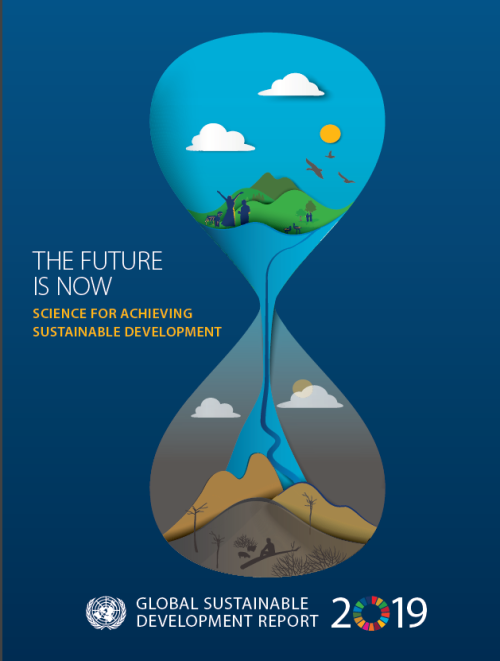
Achieving human well-being and eradicating poverty for all of the Earth’s people—expected to number eight and a half billion by 2030—is still possible, but only if there is a fundamental—and urgent—change in the relationship between people and nature, and a significant reduction in social and gender inequalities between and inside countries, according to a new United Nations report by an independent group of scientists to be launched at the 2019 SDG Summit, but made available today.
The Report, requested by all countries to evaluate progress on the 2030 Sustainable Development Agenda, is the first of its kind since the landmark Sustainable Development Goals (SDGs) were adopted…
The impacts of climate change and increasing inequality across and within countries are undermining progress on the sustainable development agenda, threatening to reverse many of the gains made over the last decades that have improved people’s lives, warns the 2019 report on the Sustainable Development Goals.
Launched during the UN High-level Political Forum on Sustainable Development, a critical annual stocktaking event, the report, based on the latest available data, remains the cornerstone for measuring progress and identifying gaps in the implementation of all 17 Sustainable Development Goals.
Four years since the adoption of the Sustainable Development Goals --…
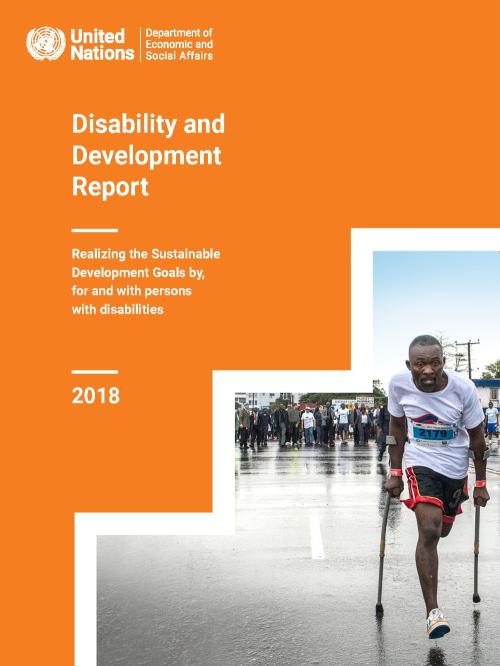
UN Disability and Development Report – Realizing the SDGs by, for and with persons with disabilities
The 2030 Agenda, pledging to “leave no one behind,” is an ambitious plan of action of the international community towards a peaceful and prosperous world, where dignity of an individual person and equality among all is applied as the fundamental principle, cutting across the three pillars of the work of the United Nations: Development, Human Rights and Peace and Security. It is critical to ensure, in this regard, the full and equal participation of persons with disabilities in all spheres of society and create enabling environments by, for and with persons with disabilities.
The UN Disability and Development Report – Realizing the SDGs by, for and with persons with…
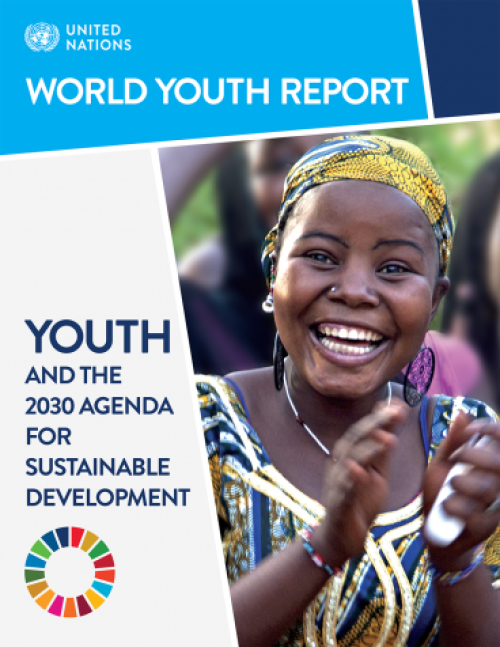
The World Youth Report on “Youth and the 2030 Agenda for Sustainable Development”, prepared by the United Nations Department of Economic and Social Affairs (UN DESA), examines the mutually supportive roles of the new agenda and current youth development efforts. The report provides insight into the role of young people in sustainable development in the context of the implementation of the 2030 Agenda for Sustainable Development and related frameworks, in particular, the Addis Ababa Action Agenda of the Third International Conference on Financing for Development and the World Programme of Action for Youth.
The Report considers the role the 2030 Agenda can play in enhancing youth…
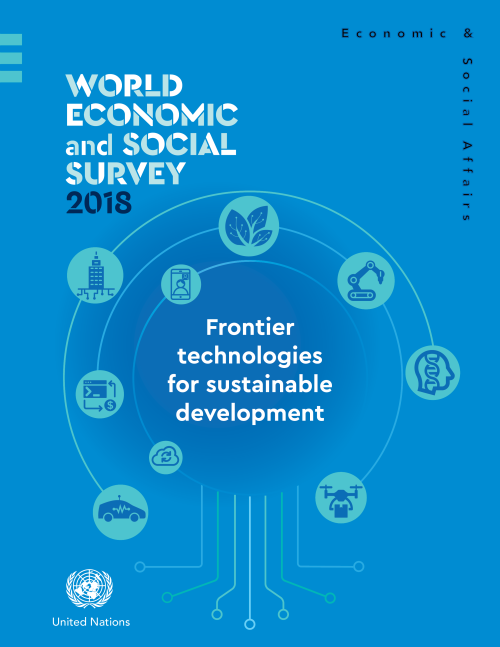
New frontier technologies — everything from renewable energy technologies to biodegradable plastics, artificial intelligence and electric vehicles — hold immense potential to improve people’s lives and significantly accelerate efforts to achieve the Sustainable Development Goals and address climate change. But without appropriate policies, they can also drive greater inequality and increase social dislocations.
The World Economic and Social Survey 2018 produced by UN DESA found that renewable energy technologies and efficient energy storage systems are already enhancing environmental sustainability, allowing countries to “leapfrog” over existing technological solutions. New…
 Welcome to the United Nations
Welcome to the United Nations